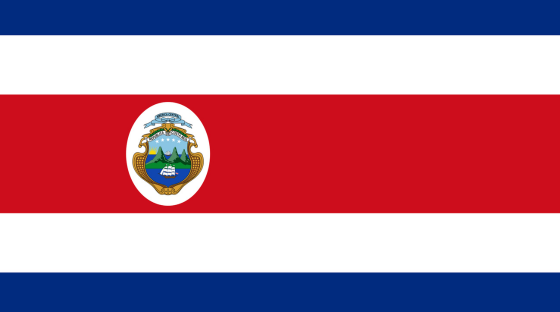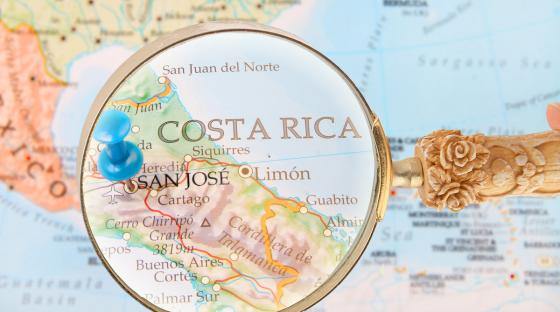-
Services
-
Software Project Delivery
-
Services
-
Solutions
-
Technologies
-
-
Network
-
Discover
-
Regions
-
Industries
-
Must-Read Guide
-
2026 Global Software Outsourcing Rates and Trends GuideDiscover why rates are just one aspect of the Accelerance Global Software Outsourcing Rates & Trends Guide, which offers valuable insights into the software development landscape.
-
-
-
Resources
-
Our Resources
-
Newest White paper
-
Aviation Ecosystem Modernization: A Holistic Approach for Meaningful TransformationModernize aviation by integrating people, processes, technology, and data
-
-
New eBook
-
 The True Cost of Software DevelopmentHidden costs can wreck your budget. Our new eBook breaks down the true cost of outsourcing—get your copy to stay ahead.
The True Cost of Software DevelopmentHidden costs can wreck your budget. Our new eBook breaks down the true cost of outsourcing—get your copy to stay ahead.
-
-
Featured White paper
-
Flow & Process OptimizationIn this white paper, you'll learn to streamline workflows, improve change management, and accelerate results.
-
-
-
About
-
About Accelerance
-
Our History
-
Accelerance: Our HistoryThere's great talent everywhere and great teams everywhere, which is the basis of the Accelerance model.
-
-
Software Without Borders
-
New Episode Every Week!Tune into our podcast Software Without Borders, the essential listen for technology leaders and business owners in the software sector who crave insights from the industry’s top minds.
-
-
Andy's Book
-
Synergea: A Blueprint for Building Effective, Globally Distributed Teams in the New Era of Software DevelopmentPeople are first and locations are secondary when it comes to software development success.
-
-
- Our Clients
Costa Rica
Explore Costa Rica's rise as an outsourcing destination, capitalizing on its stability, ideal time zone, and skilled workforce

Overview
Once regarded simply as a tropical holiday destination, Costa Rica is today recognized as an attractive outsourcing destination due to its stability, location – just two hours ahead of California and one hour behind New York – and an expanding pool of highly qualified programmers familiar with Western business practices and standards.
Its outward-oriented strategy and steady growth through recent decades have seen it come to be considered an upper middle-income country. Through the introduction of its Payments for Environmental Services program, it has been successful in promoting forest and biodiversity conservation, making Costa Rica the only tropical country in the world to have reversed deforestation.
The Accelerance Global Network is the most curated list of high-quality global teams ever assembled.
2100
Developers
Total number of developers in our certified partner network by country
4
Certified Partners
Total number of certified partners in our global network by country.
5hrs
Time Travel (From NY)
Average flight time from NY to the major cities in the country.
55
Partner Innovation capability
The score reflects investment in STEM progrms and IT funding by country.
89
Partner Skill Level
Level of workforce skills and quality of education, including factors such as digital literacy, interpersonal skills, etc.
55
Partner Global Competitiveness
National productivity based on 12 core pillars, including government policy, infrastructure, economic stability, etc.
High
Software Outsourcing Readiness
Overall rating, based on the maturity of the tech sector, socio-political conditions, and on-the-ground research by Accelerance.

Talent Pool & Education
Costa Rica has a reputation for producing top-level software developers and is seen as an emerging destination for software outsourcing, with more than 45,000 tech specialists concentrated mainly in major IT hubs such as San Jose, Heredia, Alajuela, and Cartago. San Jose, the country's capital, ranks in the top three cities in Latin America in terms of talent availability and level of skills.
A diverse range of software skills can be found with many local engineers specializing in more than one programming language. The most popular are JavaScript and Java, followed by C# and Python, .NET and C++. Revenue from IT services is predicted to continuously increase from 2024 to reach a new peak in 2028.
The foundation for its growing reputation in IT services is the emphasis the country places on education, provided free to citizens, and proficiency in English as a second language. Costa Rica has mandated that 8% of GDP be re-invested in education, from preschool to graduate programs. Challenges, including a legacy of the pandemic, have seen that dip to 6.5% of GDP, still one of the highest proportions among OECD nations. At the tertiary level, two dozen specialized academic programs are dedicated to programming and research. More than 4,000 graduates go on to careers in engineering and technology each year.
Language
Spanish is the primary language; however, Costa Rica has the second-highest level of English proficiency in Latin America, spoken fluently with a “clean” accent that is easy to understand.

Economic Outlook
A moderate forecast growth of 1.7% for 2024 maintains a solid recovery from the pandemic, during which the country experienced its largest GDP drop in 40 years. Falling interest rates are set to make economic conditions easier later in 2024 and Costa Rica’s solid business environment and growing tourism sector offer good prospects for consistent economic expansion in the coming years. This will continue a steady upward trend over the past 25 years underpinned by a strategy of openness to foreign investment and gradual trade liberalization.
The country’s recent inclusion in the OECD will help build on its program of reforms already underway and reinforce prospects for growth. However, the World Bank cites Costa Rica's high susceptibility to external shocks, such as global inflationary pressures, dampened global growth, and tightening financial conditions, as potential challenges. “Climate vulnerabilities, exacerbated by phenomena like El Niño, compound these uncertainties and could disproportionately impact the poor.”
Political Conditions
Historically an outpost of political and economic stability in an often-turbulent region, Costa Rica is a presidential multi-party democracy that has universal healthcare, and life expectancy is higher than in many other OECD nations. It is renowned for honest elections a robust civil society and an independent judiciary.
The 2022 general elections saw a shift to center-right, with Rodrigo Chaves of the Partido Progreso Social Democrático (PPSD) taking the presidency on a platform that is broadly market-friendly and economically orthodox. Although he retained approximately 50% support in early 2024, challenges were looming, not least a rise in violent crime, drug trafficking, and money laundering.
According to the World Bank’s Doing Business survey, Costa Rica outperforms most of its regional peers in payment of taxes, access to credit, electricity, control of corruption, regulatory quality, and rule of law. The next presidential election is scheduled for February 2026.
Learn more about our customer stories.
Looking for a customer story in a specific technology or industry? Discover compelling customer narratives within a specific technology or industry that resonate with your unique software development needs.
